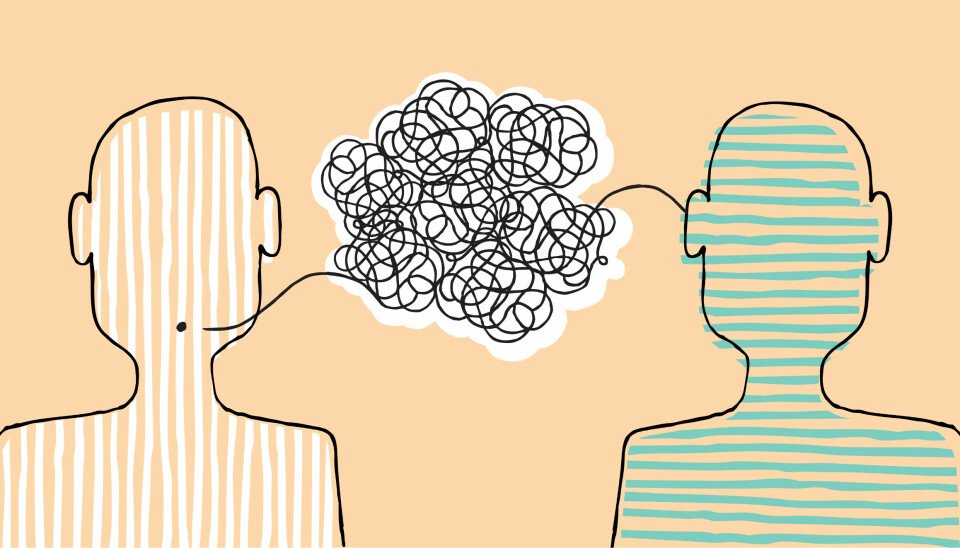The Art of Deduction: Sherlock Holmes and Medical Diagnoses
Diagnosis Part 2
A medical diagnosis is based on probabilities and not always straight forward. Most of the time a diagnosis is more like a puzzle or a maze that takes time to get correct.
Introduction:
Deductive reasoning has two distinct fields that stand out for their prowess in piecing together complex puzzles: detective work and medical diagnoses. Sherlock Holmes, the fictional detective Sir Arthur Conan Doyle created, is renowned for his unparalleled deductive skills. On the other hand, medical professionals employ inductive reasoning to diagnose and treat various ailments. This blog post will explore the parallels between Holmes's deductive approach and the intricate process of medical diagnoses.
Inductive vs Deductive reasoning. Both are useful when making a diagnosis.
Deductive Reasoning in Detective Work:
Sherlock Holmes is celebrated for his extraordinary powers of deduction, often described as a master of logical reasoning and observation. His method involves making logical inferences based on observed facts and eliminating impossible explanations until only the plausible ones remain. Holmes's keen observation, attention to detail, and comprehensive knowledge contribute to his ability to connect seemingly unrelated pieces of information.
In detective work, deductive reasoning often begins with facts or evidence. Holmes carefully examines crime scenes, gathers information from witnesses, and meticulously studies every detail. As the puzzle pieces fall into place, he eliminates false leads and arrives at a conclusion that fits the evidence. This method showcases the elegance of deductive reasoning, where each deduction leads logically to the next until the mystery is unraveled.
Inductive Reasoning in Medical Diagnoses:
In the medical world, practitioners rely on inductive reasoning to diagnose and treat patients. Unlike deductive reasoning, which starts with general principles and narrows to specific conclusions, inductive reasoning begins with detailed observations and generalizes to broader conclusions. Medical professionals collect patient history, conduct physical examinations, and order diagnostic tests to gather data.
Similar to Holmes's method, medical diagnoses involve considering a range of potential explanations for a patient's symptoms. Through elimination and refinement, doctors narrow down the possibilities until they arrive at a diagnosis that best fits the observed facts. The medical field demands a comprehensive understanding of human anatomy, physiology, and pathology, akin to Holmes's encyclopedic knowledge of crime, psychology, and forensics.
Parallels and Distinctions:
While both Holmes's deductive reasoning and medical diagnoses share a common thread of logical deduction, there are notable distinctions. Holmes deals with deliberate, often malicious actions in the form of crimes, while medical professionals confront the complexity of the human body and its myriad responses to illness.
Additionally, the consequences of errors in each field differ significantly. In detective work, a misstep may result in a criminal escaping justice, while in medicine, a wrong diagnosis can have severe consequences for a patient's health. Both realms have high stakes, emphasizing the need for precision and expertise.
Expanding on the comparison between Sherlock Holmes's deductive reasoning and medical diagnoses, let's delve deeper into the aspects that make these practices both captivating and essential.
Pattern recognition is being able to connect the dots of unrelated information to make sense of the situation.
Pattern Recognition:
One key aspect that ties Holmes's deductive skills and medical diagnoses together is the ability to recognize patterns. With his acute powers of observation, Holmes can identify subtle clues and patterns that elude the ordinary observer. Similarly, medical professionals must recognize patterns in symptoms, test results, and patient histories to form a cohesive understanding of an individual's health. The ability to connect seemingly unrelated pieces of information is crucial in both detective work and medicine.
Diagnostics requires critical thinking and systematic problem solving.
Critical Thinking and Problem Solving:
Holmes's deductive reasoning is a testament to critical thinking and problem-solving skills. He approaches each case as a puzzle that requires meticulous examination and logical analysis. In the medical field, doctors face the challenge of diagnosing complex conditions, often relying on a systematic approach to problem-solving. By considering multiple factors, ruling out possibilities, and narrowing down potential causes, medical professionals demonstrate a commitment to critical thinking similar to that of Sherlock Holmes.
Being able to synthesize several pieces of data all at the same time is crucial in making an accurate diagnosis.
Information Synthesis:
Holmes's deductive process involves synthesizing vast information, drawing connections, and forming a coherent narrative. In medicine, this is reflected in synthesizing patient data, clinical observations, and medical knowledge to arrive at a diagnosis. Both Holmes and medical professionals demonstrate the importance of synthesizing information from diverse sources to understand a situation or patient's condition comprehensively.
Being a life-long learner and the ability to stay up to date on the latest information is a key trait in a master diagnostician.
Continuous Learning:
Holmes's success is not solely attributed to his natural talent but his continuous pursuit of knowledge. He avidly reads and studies various subjects, constantly expanding his mental repertoire. Similarly, medical professionals engage in lifelong learning to stay abreast of the latest medical advancements and treatments. The ever-evolving nature of both detective work and medicine requires practitioners to embrace continuous learning and adaptability.
Effective communication strategies allows the doctor to take complex medical terms and distill them down to understandable bits of information that the patient can digest.
Communication Skills:
While Holmes is often portrayed as a solitary detective, his interactions with others reveal exceptional communication skills. Effective communication with patients, colleagues, and other healthcare professionals is paramount in medicine. Doctors must understandably convey complex medical information, just as Holmes communicates his deductions to Dr. John Watson and other characters. Clear and concise communication enhances collaboration and ensures the best possible outcomes.
Conclusion:
In the fascinating intersection of deductive reasoning and medical diagnoses, we witness the power of the human mind to analyze, synthesize, and deduce. Whether unraveling a fictional mystery or deciphering the intricacies of the human body, the principles of deduction and induction guide professionals toward solutions. The parallels between Sherlock Holmes's deductive prowess and the meticulous process of medical diagnoses highlight the universal application of logical reasoning in unraveling the complexities of the world around us.







